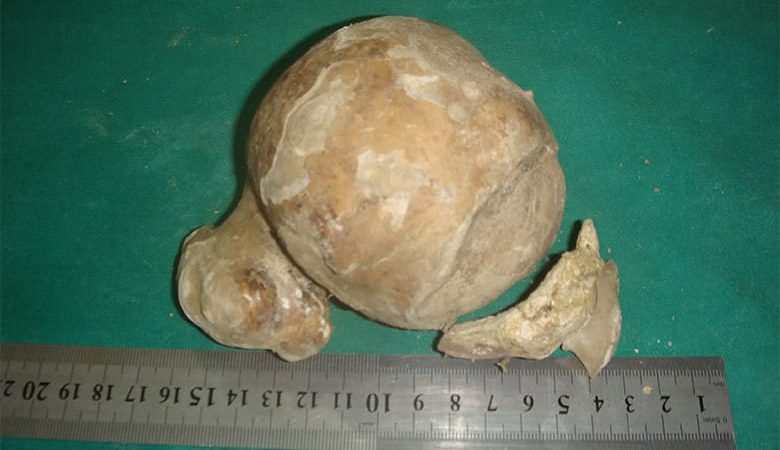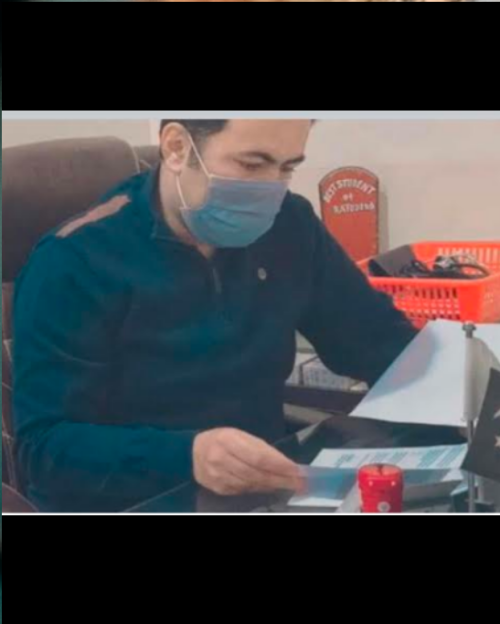
The biggest kidney stone

The biggest kidney stone was removed from the right kidney of Wazir Muhammand (Pakistan) .This stone weighed 620g (21.87 oz).
Your kidneys remove waste and fluid from your blood to make urine. Sometimes, when you have too much of certain wastes and not enough fluid in your blood, these wastes can build up and stick together in your kidneys.
These clumps of waste are called kidney stones.
Anyone can get a kidney stone, but some people are more likely than others to have them. Men get kidney stones more often than women do.
Kidney stones are also more common in non-Hispanic white people than in people of other ethnicities. You may also be more likely to have kidney stones if:

You have had kidney stones before. Someone in your family has had kidney stones.
You don’t drink enough water.
You follow a diet high in protein, sodium and/or sugar.
You are obese.
You have had gastric bypass surgery or another intestinal surgery.
You have a cystic kidney disease.
You have a certain condition that causes your urine to contain high levels of cystine, oxalate, uric acid or calcium.
You have a condition that causes swelling or irritation in your bowel or your joints.
You take certain medicines, such as diuretics (water pills) or calcium-based antacids.
The best way to prevent most kidney stones is to drink enough fluids every day. Most people should drink eight to 12 cups of fluid per day.
If you have kidney disease and need to limit fluids, ask your doctor how much fluid you should have each day.
Limiting sodium and animal protein ( meat,eggs)in your diet may also help to prevent kidney stones.
If your doctor can find out what your kidney stone is made of, he or she may be able to give you specific diet recommendations to help prevent future kidney stones.
If you have a health condition that makes you more likely to have kidney stones, your doctor might tell you to take medicine to treat this condition.

